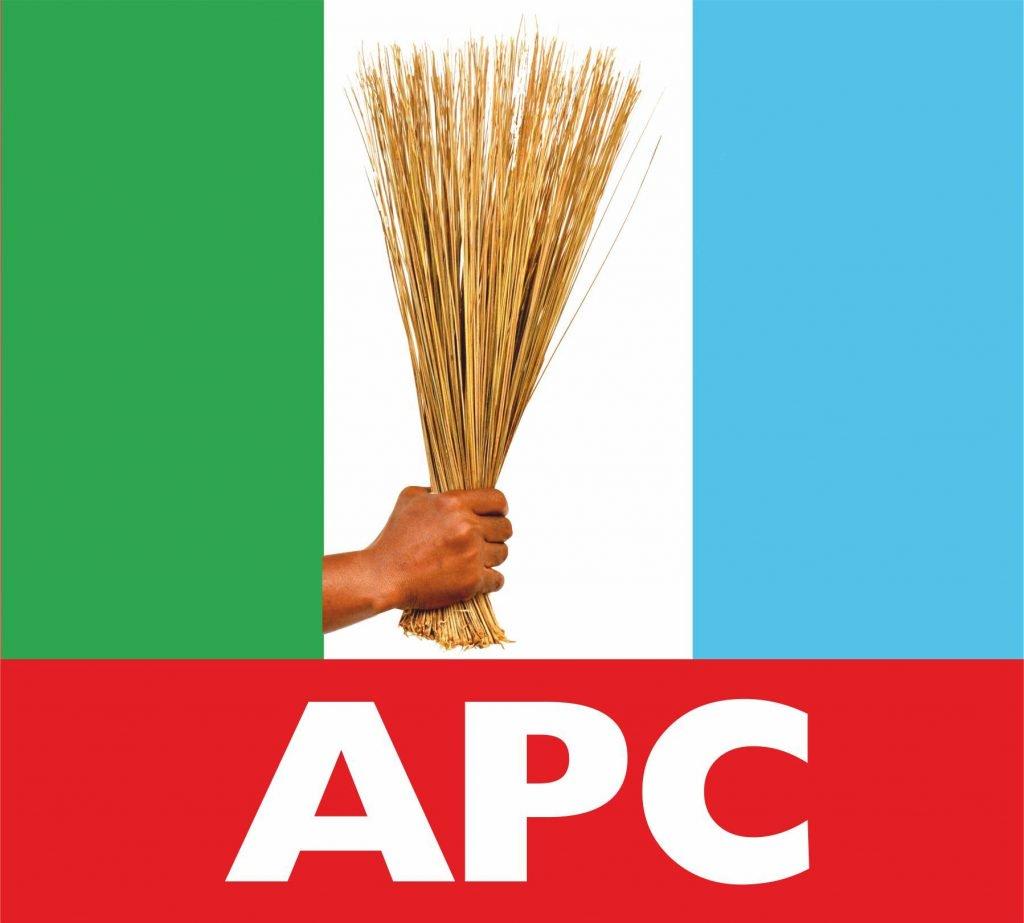By Abubakar Saad
At his last media chat late last year, President Muhammadu Buhari said he had his own preferred candidate for the 2023 election, but declined to give a clue, saying the candidate may be harmed or even be eliminated before the time.
That statement not only heightened the permutation among the aspirants in the ruling APC, but it equally charged the atmosphere politicians and stakeholders across the country had to work under.
- NIGERIA DAILY: How Thugs Dictate The Outcome Of Elections In Nigeria
- Harassment of Ortom threat to unity, co-existence of Nigeria – PDP
Less than 48 hours after the chat, Asiwaju Ahmed Bola Tinubu, former governor of Lagos and chieftain of APC surfaced in Aso Rock to “brief the President and inform the nation about his presidential ambition in 2023.”
A week later, Governor Dave Umahi of Ebonyi State followed suit. Though the kites have also been flying with different colours in the other political parties, last week, rumours expressed the possibility of the President throwing his weight behind either a South-South or South East candidate. Prominent among them are Rotimi Amaechi, Ogbonnaya Onu, Dave Umahi and most recently, Godwin Emefiele.
The illogicality of this choice is more than obvious. This goes a long way to expose the naivety and lack of requisite Political Arithmetic (logic) in the brains of those who made these propositions to the President.
The record of the support the party enjoys from each and every geo-political zone of the country is very open and glaring. In the 2015 presidential election, the APC got 2.411 million votes from the North Central; 2.848 million from the North East; the North West gave the party 7.115 million votes; while the South East gave 198,778 votes. The South West brought 2.433 million, and the South South 418, 590.
In the 2019 presidential election as well, the North West brought 5.995 million votes to the APC; the North East gave 3.465 million; the North Central gave 2.465 million votes; South West mustered 2.036 million; South East gave 403, 968 and South South brought 1.051 million votes to the party.
Also, the recent elections in Anambra and Abuja have given us a clue on how the 2023 election will most likely be, at least for now since the country’s ethno-religious division is coming to the fore now more than any time before. For instance, in the Anambra elections where Federal might was deployed, yet the APC could not find its feet in just one South East State, with APGA emerging victorious over APC. This is an indication that the South East is obviously not an APC friendly zone. This has been manifesting even before the coming of APC, in 2003, 2007 and 2011 when Buhari paired himself with one of their own sons to fly the presidential flag of the ANPP.
The election in Abuja, which took place on February 12, is yet another experiment of the possible outcome of the 2023 general elections. If one takes a closer look at the geo-political composition of the six Area Councils, it is easy to conclude that it is a reflection of what is expected in the larger country space. The Abuja election is a litmus test conducted to give a clue of what should be expected in other geo-political zones of the federation outside the federal capital come 2023.
The analysis below further elaborates my argument where it could be seen clearly area councils that have predominant composition of south easterners, and south southerners have supported and voted for PDP candidates while the APC candidates turned out victorious in areas where there are largely composition of northerners and south westerners as indicated below.
ANALYSIS OF PARTY AGAINST GEO-POLITICAL DOMINATION
S/n Area Council Party (A+C) (A+B) Remarks
1. AMAC PDP Largely S/East A reflection of SE/SS
2. Bwari PDP Largely S/East A reflection of SE/SS
3. Kuje PDP Largely S/East A reflection of SE/SS
4. Abaji APC Largely composition of N/Central, N/West and S/West A reflection of NC/NW/SW
5. Kwali APC Largely composition of N/Central, N/West and S/West A reflection of NC/NW/SW
6. Gwagwalada APC Largely composition of N/Central, N/West and S/West A reflection of NC/NW/SW
If the analysis above is anything to go by, the idea of ignoring the North Central and South West in the choice of a presidential candidate for APC, which are no doubt the strongest support base of the party, is a miscalculation and an illogical political exercise taken too far.
The best option for APC to be on the track to electoral victory is to expand the option of including the North Central and the South West where they have five governors of APC out of the six states in each zone making them the undisputable and strongest hold of the party rather than excluding them as opposed to the South East and South South where they have two and one APC governors respectively out of the 11 states in their zones.
The least strategy for the APC-led government to adopt is to allow an open and free contest for the most credible and popular choice to emerge but never narrow the ticket to a South East or South South option.
The consequences for such a decision may be a serious revolt and possible defection from those strong APC holds who would see their loyalty and consistency in following the party as a wasteful and unappreciated exercise. The conclusion would be that APC would have kissed a goodbye to any chances of victory come 2023.
Saad, wrote from Abuja

 Join Daily Trust WhatsApp Community For Quick Access To News and Happenings Around You.
Join Daily Trust WhatsApp Community For Quick Access To News and Happenings Around You.


